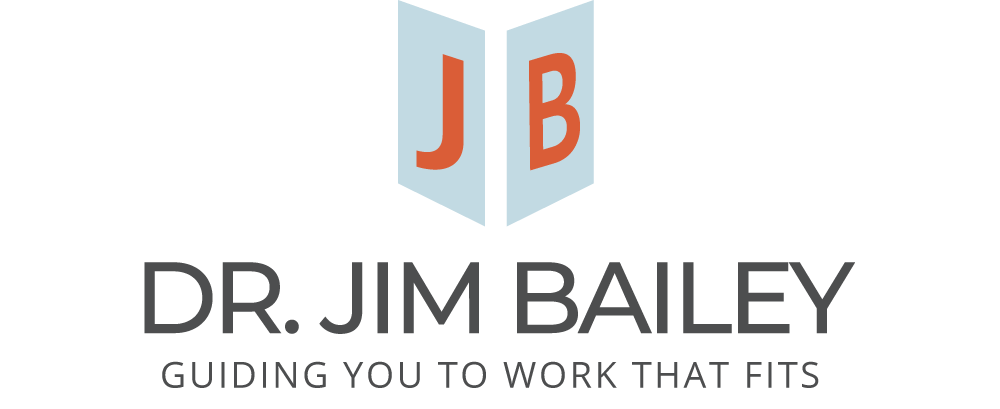How to Make a (Successful) Mid-life Transition
Over the course of the past six months life has been weird. The Corona Virus and Covid-19 shutdowns have us all in a surreal limbo where we question when normal life will return. But what if your life was in limbo even before we were told to shelter in place, stay home, stay safe and maintain social distancing? Three of the client/friends I’ve helped in the past 6 months were in mid-life career transitions before the crisis began. Let me tell you how I helped them.
First, all three of them were doing “mission work” in Europe before the Corona shutdowns began. One had been working in eastern Europe providing sports camps and English learning opportunities to children that didn’t qualify for state-sponsored athletic teams. Another was providing children of U.S. military families with friendships, community connections and youth camping opportunities in Europe and Africa. The third was helping college students form deep, meaningful relationships at their campuses in northern Europe. None of the three people were looking for that kind of work now that they were back in the U.S.A.
Their foremost question was, “How do I translate what I used to do into job titles, positions and responsibilities that will make sense to U.S. employers?” I was able to help them understand how their innate work-strengths had enabled them to do outstanding work in their former jobs. We also made sure to separate the responsibilities of their former jobs that they did well from those they tolerated and the ones they hated or did poorly. This helped us do an objective analysis of how their strengths and skills aligned with job titles and position descriptions they found in online job search tools such as Indeed, LinkedIn, Glassdoor, and others.
Next, we determined how to use this language in their resume’s and cover letters, and in the words they would use in their relational networking and job application efforts. Most people do a poor job of succinctly expressing who they are and what they do well in a job setting. Imagine how much more difficult that would be if you hadn’t been a part of American culture for ten, twenty or thirty years? But by working collaboratively we finally came up with words that felt comfortable and accurate to them, and that they could use in work-related conversations.
At this point two of the three of them have sustainable jobs that can become new career paths for their future. The remaining one is currently in the thick of a relational networking approach to his job search and I’m hopeful that we’ll help him get connected to new work soon. For the time being he and I continue to identify his work connections in our community and systematically work through the steps that will get him a job.
The key to a successful transition for each of these great people was my ability to objectively identify how the work they are gifted for and that they’d done successfully overseas related to work they should seek here in the U.S.. Please understand that I’m not bragging but stating a fact: Most of us are limited or incapable of identifying our own strengths and skills and relating those to our work performance. Another way of saying it is to ask, “Why are you so good at doing that kind of work?”
The advantage I have is the shear number of hours I spend helping people answer these exact questions and the number of hours I’ve spent analyzing what makes individuals great at specific jobs. Malcom Gladwell is famous for writing about Skill Mastery requiring 10,000 hours (or five years) of practice. Whether he was accurate or not we all know that time spent learning to do something well pays dividends. Ironically, other than checking to see that we will meet the expectations of our annual performance review, none of us spends very much time analyzing our own work. My advantage is that I do little else but analyze what makes people great at certain work roles in life.
If you’re considering a career transition then I’d suggest you invest some time (though maybe not 10,000 hours) asking yourself what you do well. If you have a hard time answering that question then you might benefit from asking someone like me to help you determine your natural strengths and skills and what jobs fit someone with your gifts. Of course, then you have to figure out how to move toward those jobs - but that’s a topic for another blog on another day.

